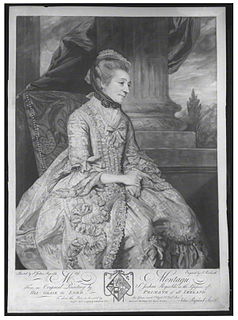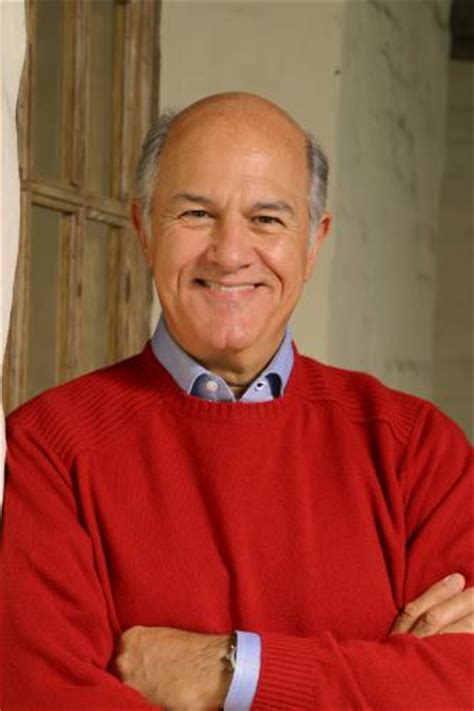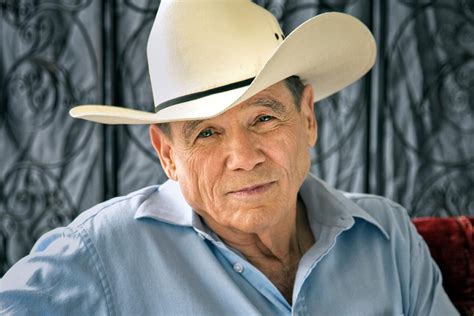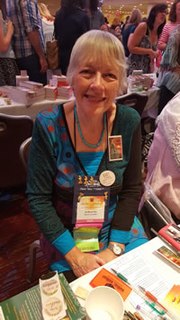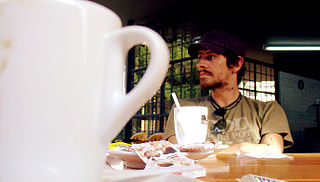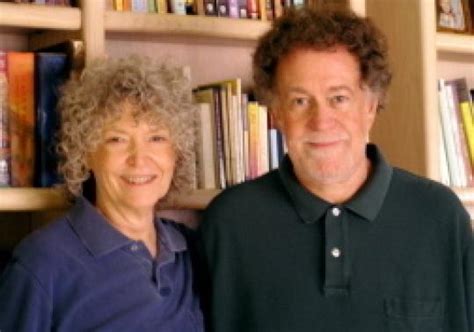A Quote by Adam Curtis
I have always wanted to make a series of films which would be like an 'emotional history' that conveys what it feels like to live through history as an experience rather than a grand story. It would be about the relationship between the tiny fragments and moments of personal experience, and the continual backdrop of big events.
Related Quotes
The purpose of relationship may not be what you think. If you are excited about forming a relationship based on what it looks like you can get, rather than what you can give, you have started off on the wrong foot entirely, and you could be heading for a big disappointment. The purpose of all relationships is to create a sacred context within which you can express the fullness of who you are. And who you are is an experience you have before you enter relationship, not because you did.
I've always loved history, from my youngest memories. My father enjoyed the great stories of history, like Hereward the Wake, Robin Hood, and Richard the Lionheart, and he shared them with me. I went on to do a degree in history, though I found it rather dry, because it was mostly about politics rather than dashing individuals!
It's really hard for me to use the term 'history' in the singular, because it suggests a reductivist view of how moments and events congeal and reflect the passage of time. I'd rather stick to the pluralness of 'histories' in order to suggest the simultaneity, the parallel forces at work, which produce lived experience.
When one is the type of writer who cares about the meaning of the historically specific setting, the history itself is not something that I would call backdrop. It's not window dressing for a timeless relationship about love and betrayal. For me, the setting and the specific history are active co-agents with me in trying to form the novel.
I have a perhaps naive point of view informed by my own kind of snowflake-in-the-unique-sense rather than the political sense, personal story. I mean I feel like my experiences are so hard to map onto any kind of generalized identity. For example, I'm a black person, but I come from a very particular black experience which is not unlike the experience of the Barack Obama. I have an African mother and a white father and I feel like I have a different experience of being a black person as a result of that identity than someone who is from the descendants of slaves.
I would never make a purely autobiographical movie, because it would be incredibly boring. But I always bring something. It's usually some emotional truth I've experienced, like in 'Get Him to the Greek,' the relationship between Jonah Hill and Elisabeth Moss, I had certainly had that kind of relationship with a girlfriend.
There are many readers of the book, who don't know anything about the authors and the artists. There is more than one author. It doesn't matter, if you can't make the reader dive into the story and surround him with that environment and those characters. That's an experience that lasts longer than figuring out who did what. I think that's what makes our working relationship better, it helps us to make a book that feels unique and not like different voices.
I think it's really important, when you're redefining a character [ Spider-Man], for the audience to experience things that they haven't experienced, from the ground up. I wanted to build a character. I feel like point of view is a really crucial thing in the story, and that you need to build up the emotional building blocks, so that you can experience all the other emotions in a very specific way, rather than just experiencing it in an intellectual way.
perfectionism is a slow death. if everything were to turn out just like i would want it to, just like i would plan for it to, then i would never experience anything new; my life would be an endless repetition of stale successes. when i make a mistake i experience something unexpected.... when i have listened to my mistakes i have grown.


